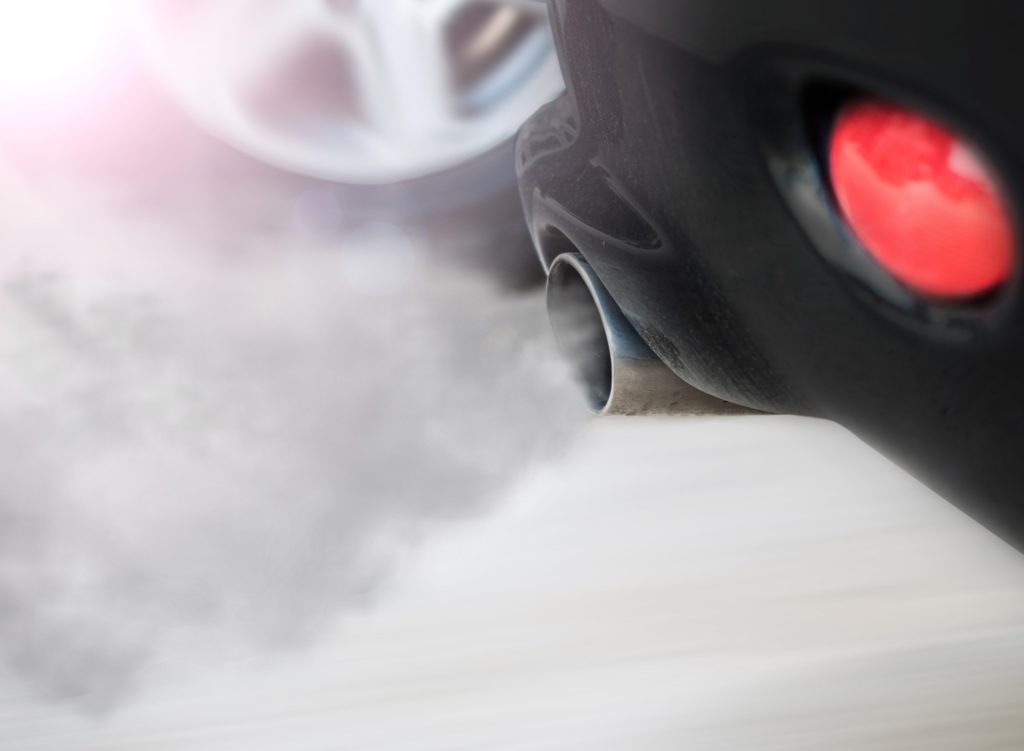Further city bans planned as politicians call for a national framework
31 May 2018

31 May 2018
As Hamburg’s diesel driving ban goes live, other German cities are preparing to follow suit after a landmark court ruling over the situation.
From 31 May, diesel vehicles will not be allowed to drive down certain streets in Hamburg as the city looks to reduce its levels of air pollution. Following a German high court ruling which stated that bans could start immediately on Euro 5 and below diesel vehicles, the district has installed 55 diversion signs and 49 prohibition signs along the routes where bans are in place.
Now, Schleswig-Holstein’s Environment Minister Robert Habeck is planning a diesel driving ban in the region’s state capital of Kiel. A draft plan has been made to prevent vehicles travelling on a central road through the city. The Ministry assumes that a ban could affect around 12,000 cars a day. However, trucks are exempt from the planned ban, which may take some months to implement.
The court ruled that for wider city areas encompassing a multitude of main roads and side streets, the court recommended a phased implementation of bans, starting with older cars that meet Euro 4 emissions standards. The Euro 4 standard was replaced by Euro 5 beginning in 2009.
A statement on the ruling was published by the Court in Leipzig and stated that there should be no grace period for driving bans when implemented by a city.
Cologne and Stuttgart, which was a subject of the first court ruling brought by Germany’s environmental group the DUH, are also considering implementing bans.
Opposition to bans
However, Cem Özdemir, a Green Party politician, has warned about driving bans being put into place before a national set of measures is introduced. ‘I would find it more useful if there is a nationwide regulation on this issue,’ said the chairman of the Transport Committee in the Bundestag the SWR. ‘Because Hamburg, Stuttgart, Munich are now all cities that belong to the same republic.’
Özdemir warned against different measures in the cities. ‘That means if you drive from Hamburg to Stuttgart in the future, you may need a thick manual where it says, where you can drive in which vehicle and where not.’
Federal Transport Minister Andreas Scheuer has now turned against driving bans, saying that individual drivers should not be deliberately excluded from certain roads. ′Mobility is the foundation for the economy and peoples freedom,’ he said in an interview.
Scheuer said that the federal government has been in intensive dialogue with heavily polluted cities such as Hamburg for some time. ′It’s about tackling the root of the problem,’ he said, before referring to an ongoing €1 billion program for municipalities such as digital traffic control and more alternative drives, such as electric vehicle (EV) car share schemes.